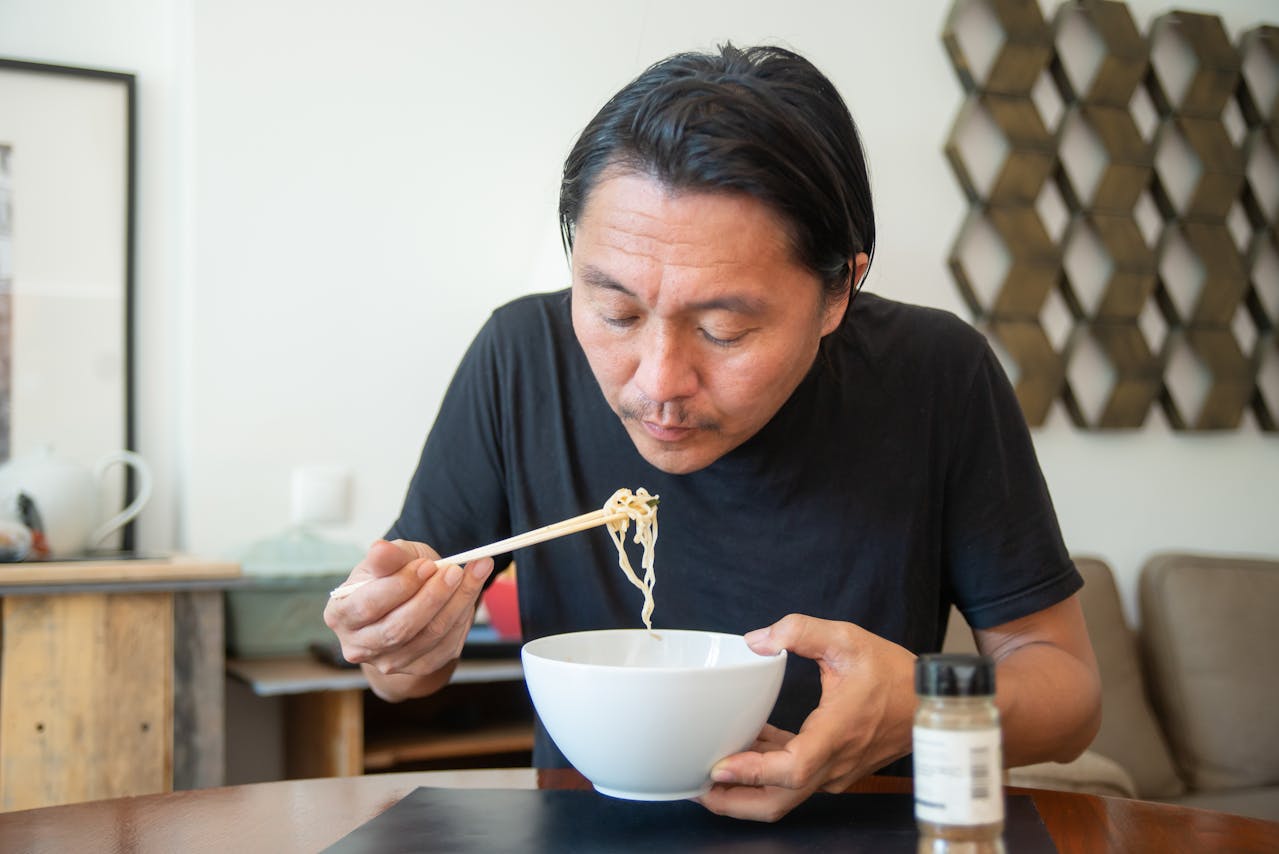JAPAN: In an era when the average person is faced with thousands of choices every day, one Japanese man has taken an unusual approach to minimize decision fatigue.
Go Kita, 38, an information industry worker, has followed the same daily routine and consumed the same meals for over 15 years, claiming it helps keep his mind sharp and free from mental clutter.
According to a report by Japan’s TBS television and featured in the South China Morning Post (SCMP), Kita’s “decision-free lifestyle” stems from his desire to reduce the mental strain caused by constant decision-making.
Avoiding ‘decision fatigue’
Studies suggest that individuals can face up to 35,000 decisions each day. In today’s information-saturated world, this can quickly lead to “decision fatigue” – a state of mental exhaustion that impacts judgment, decision-making, and productivity.
For Kita, the relentless need to make choices in his early career became overwhelming. Faced with an endless stream of decisions at work, he began to look for ways to simplify his personal life.
Inspired by the legendary discipline of former Japanese baseball star Ichiro Suzuki, Kita adopted a similar approach to routine. Suzuki, known for his unparalleled success in baseball, reportedly followed a strict daily regimen for years, eating curry rice for breakfast, sticking to specific exercise times, and adhering to a precise post-game routine.
His method helped him achieve a record-breaking 10 consecutive seasons of 200+ hits, the longest streak in Major League Baseball history.
Structured, simple life
Drawing from Suzuki’s example, Kita structured his life around simplicity. His meals are fixed: nuts and ramen for breakfast, chicken breast for lunch, and stir-fried pork with bean sprouts for dinner.
He also takes regular doses of nutritional supplements to maintain a balanced diet. In addition, Kita wears the same style of shirt and trousers each day, with multiple identical pairs of socks and underwear in rotation.
His daily routines—from shaving to doing laundry to trimming his nails—are meticulously scheduled. By reducing the number of decisions, he has to make about his personal life, Kita claims he can conserve his mental energy for the more important choices he faces at work.
This lifestyle has gained attention on social media, sparking various reactions. Some online observers applaud Kita’s method, with one user commenting, “Maybe I should minimize my decisions too. Every time I buy ice cream, I struggle to choose a flavour, and I end up picking the same one anyway. It’s such a waste of time.”
Others, however, express reservations. “Such a monotonous lifestyle seems boring! Kita is missing out on many spontaneous joys in life,” one commenter said.
Meanwhile, a third person proposed an alternative: “Why not keep a daily diary to reflect on the right or wrong choices made? That could help build confidence in future decision-making.”
As for Kita, the jury’s still out on whether his regimented lifestyle has any drawbacks. But for now, he’s content with his decision-free routine, which allows him to navigate the pressures of modern life with a clearer mind and a more focused approach to work.

